Shares fell sharply in the global markets as the Israeli military allowed a small group of international journalists, including NPR's Daniel Estrin, to enter the Gaza Strip on Wednesday, nearly one month into the ceasefire. The group, which included journalists from the BBC and Al Jazeera, was escorted by Israeli military personnel to the outskirts of Gaza City, where they witnessed the devastating aftermath of the war.
As they stood at the edge of an Israeli military outpost, looking out at the destroyed Shujaiya neighborhood, Estrin described the scene as "utterly quiet" in a place once known as one of the most densely populated in the world. The neighborhood, which was the site of fierce fighting between Israeli forces and Hamas militants, was left in ruins, with buildings reduced to rubble and debris scattered across the streets.
"It's a scene of utter devastation," Estrin said in an interview with NPR. "You can see the remnants of what used to be a thriving neighborhood, with shops and homes and schools. But now it's just a desolate landscape of destruction."
The Israeli military's decision to allow international journalists into Gaza comes as the international community continues to grapple with the humanitarian crisis unfolding in the region. The war, which began in May, has resulted in widespread destruction and a significant loss of life, with thousands of Palestinians killed or injured.
According to the United Nations, over 5,000 homes in Gaza have been destroyed or severely damaged, leaving thousands of people without shelter. The UN also reports that over 1,000 schools have been damaged or destroyed, affecting the education of thousands of children.
The Israeli military's decision to allow journalists into Gaza is seen as a significant development in the region, as it provides a rare glimpse into the humanitarian crisis unfolding in the territory. However, the move has also been met with criticism from some quarters, who argue that it is too little, too late.
"This is a PR stunt by the Israeli military," said Dr. Mustafa Barghouti, a Palestinian politician and human rights activist. "They are trying to show the world that they are allowing journalists into Gaza, but in reality, they are still restricting access to the territory and preventing humanitarian aid from reaching those who need it most."
The current status of the ceasefire remains uncertain, with both sides continuing to trade accusations and blame. The Israeli military has maintained that it is committed to maintaining the ceasefire, but has also warned that it will take action if Hamas militants continue to launch rockets into Israel.
As the international community continues to grapple with the humanitarian crisis in Gaza, the situation remains precarious, with thousands of people in need of aid and assistance. The Israeli military's decision to allow journalists into Gaza provides a rare glimpse into the devastating aftermath of the war, but also highlights the need for greater action to address the humanitarian crisis unfolding in the region.
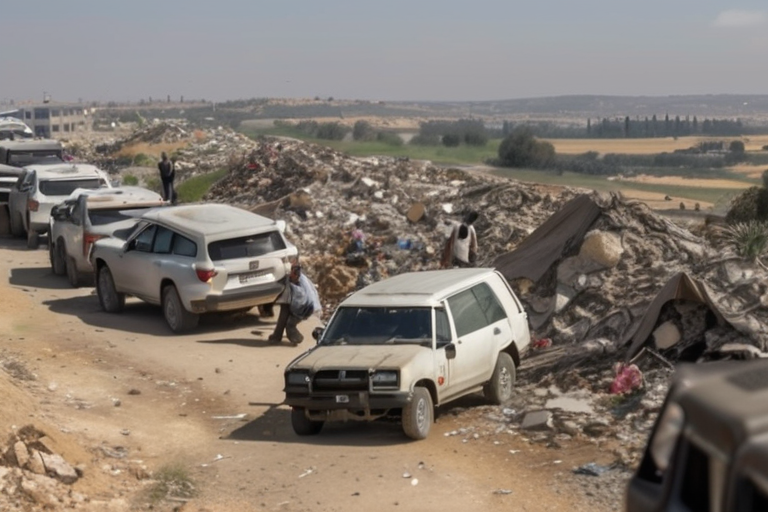


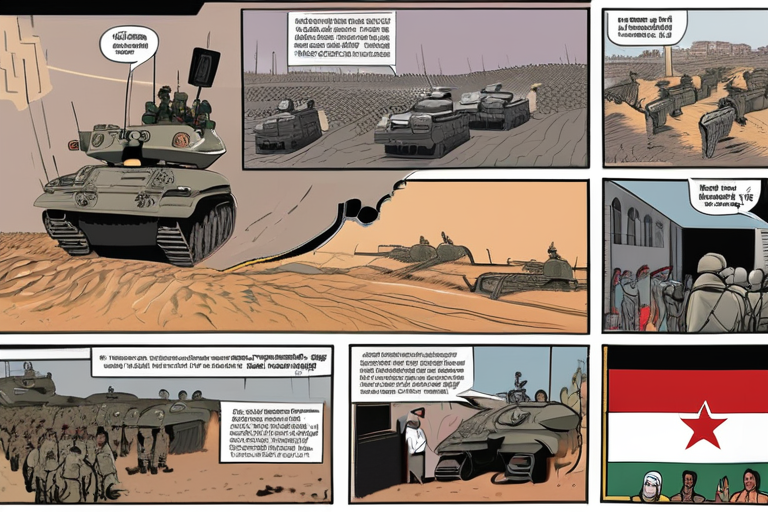
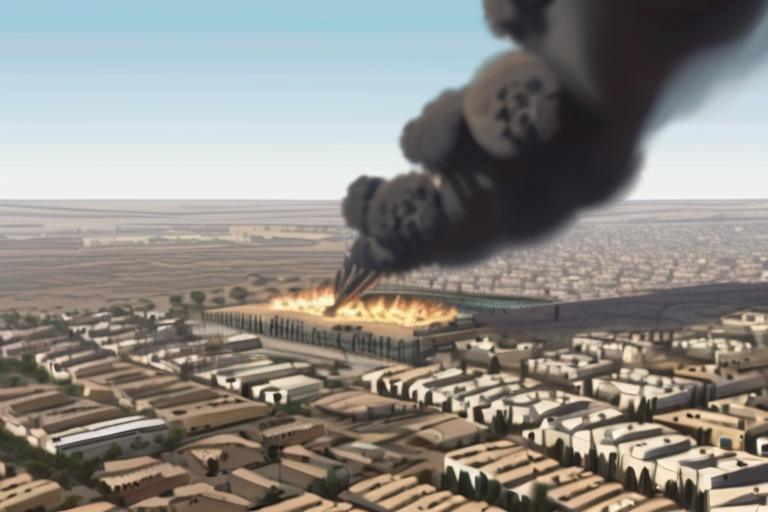
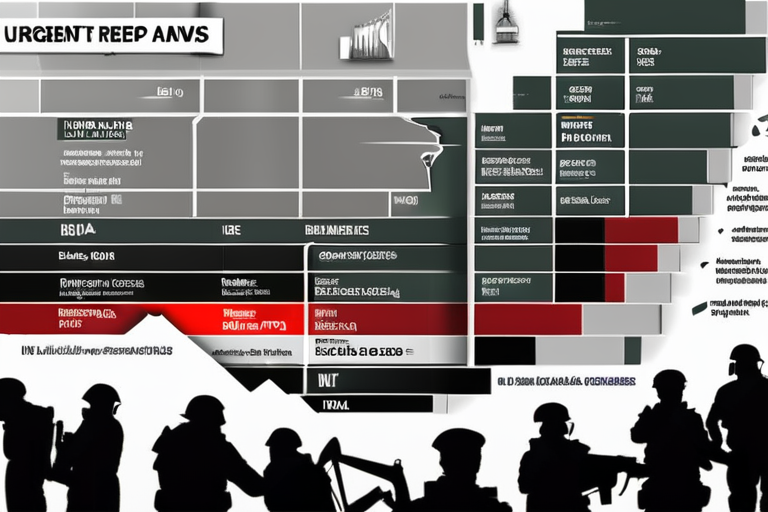
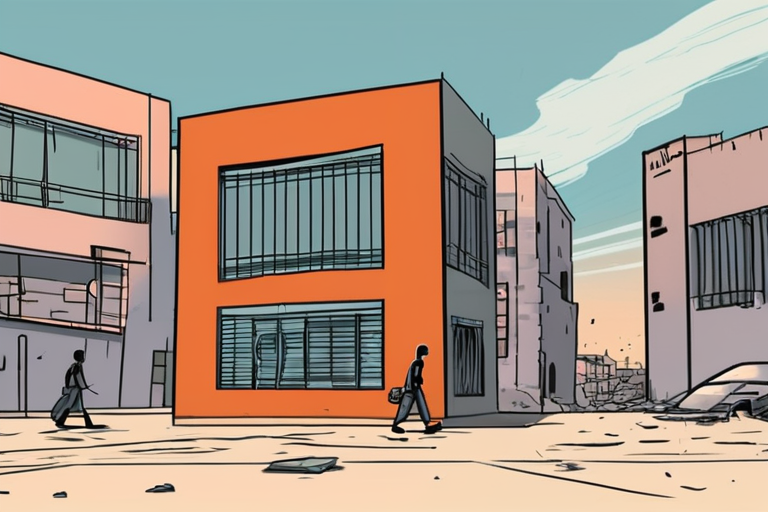
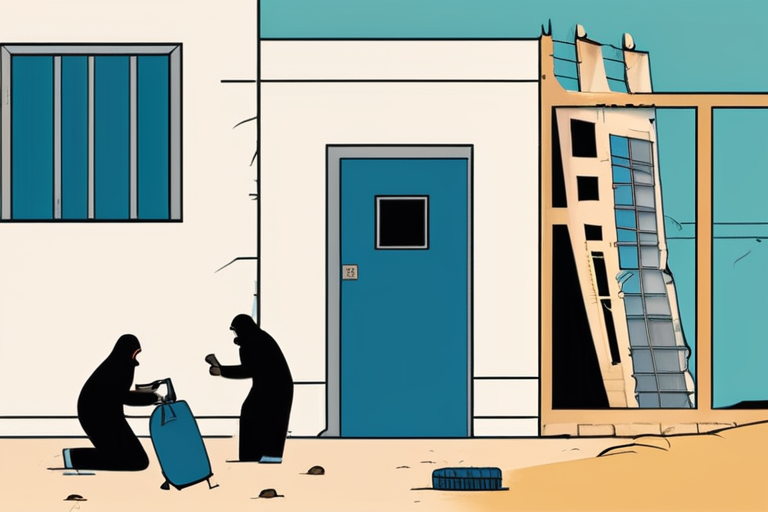
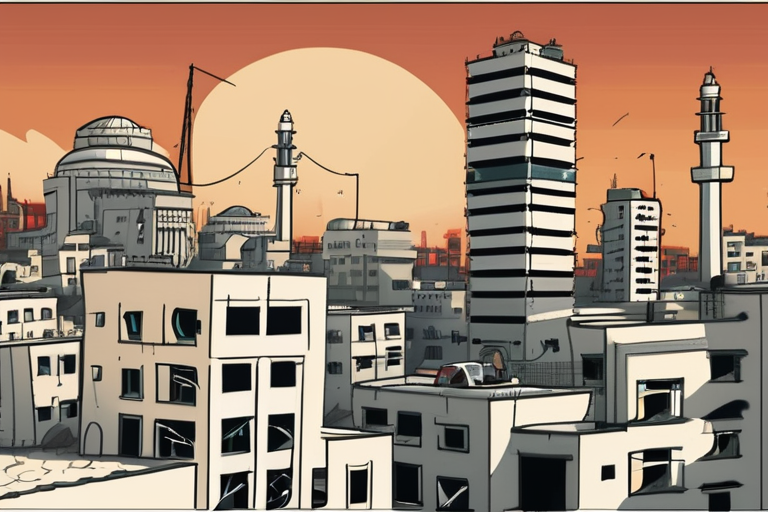
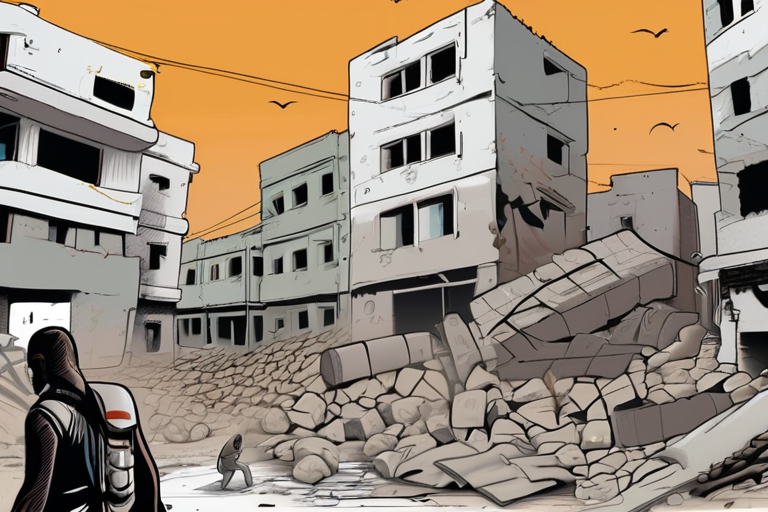
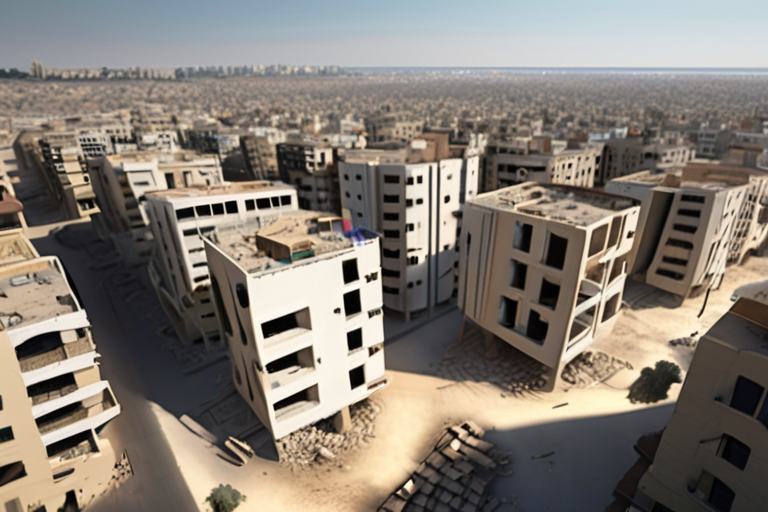
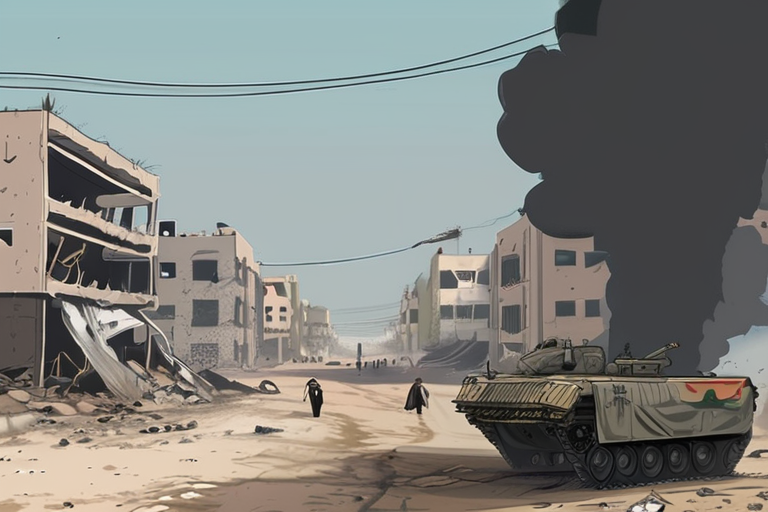
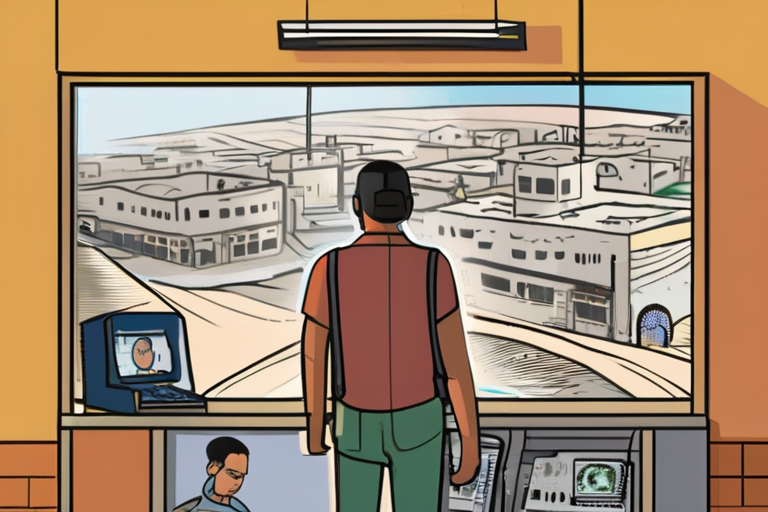
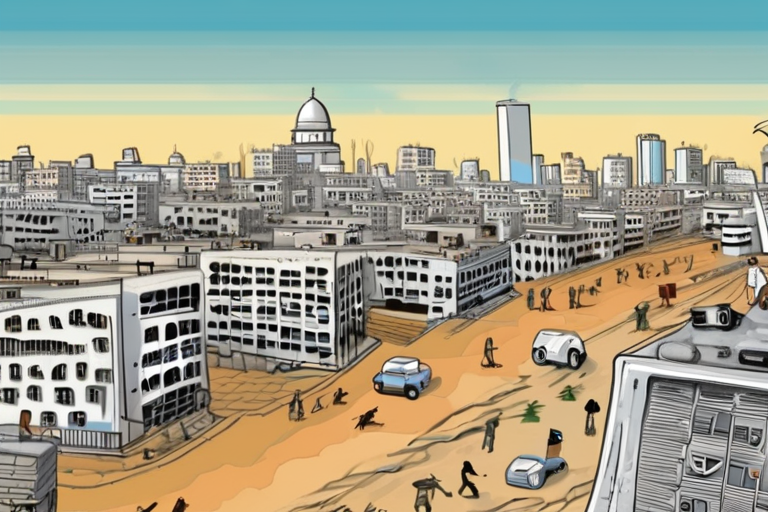
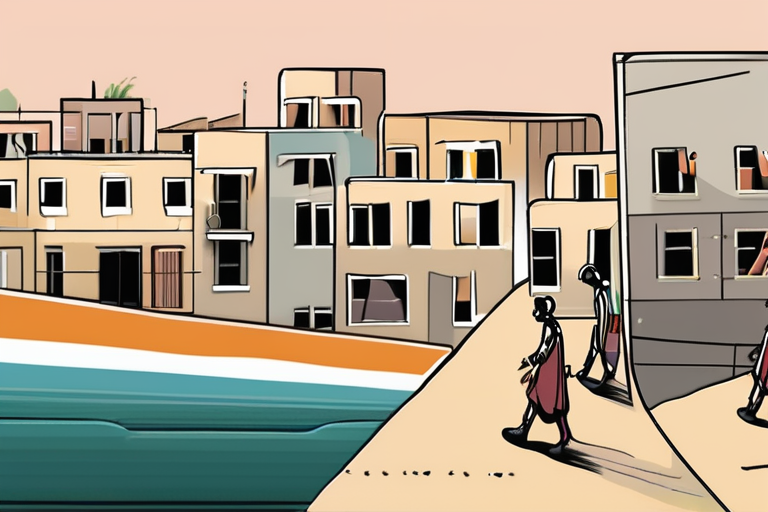
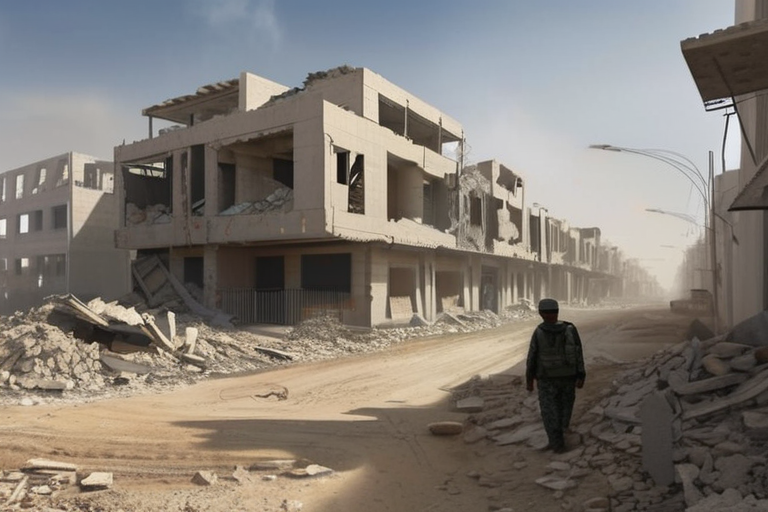
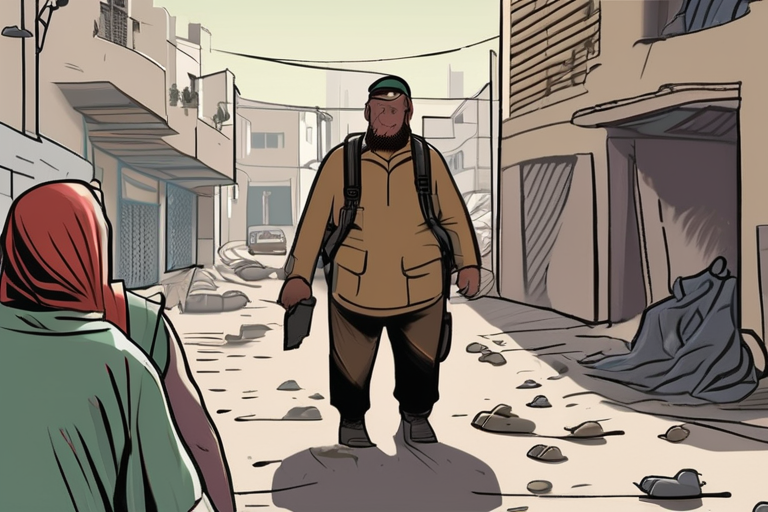
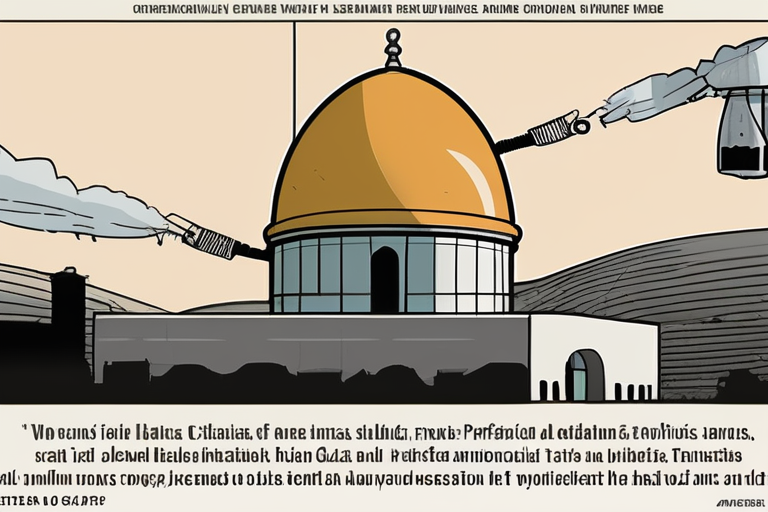
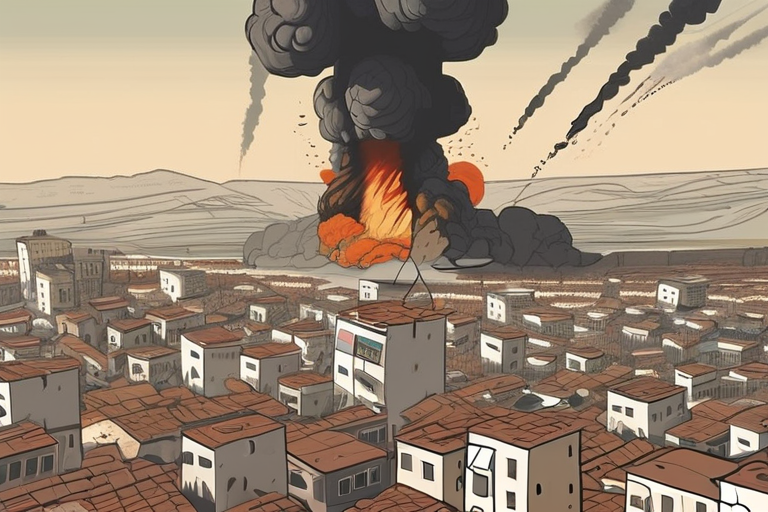
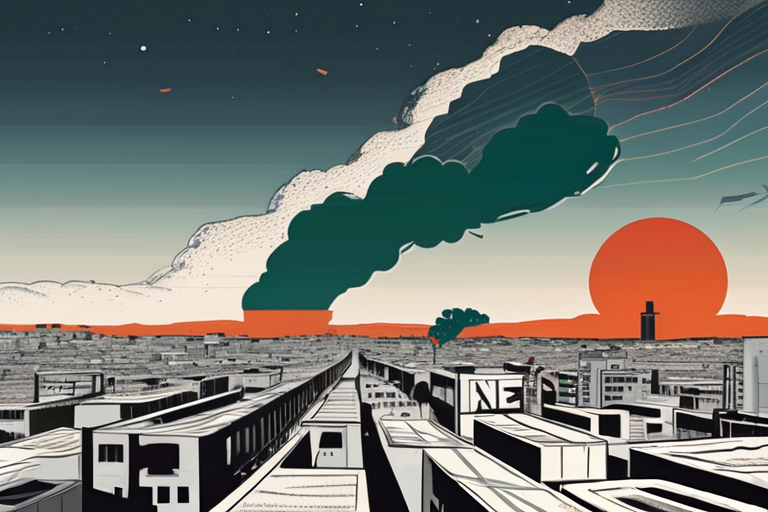
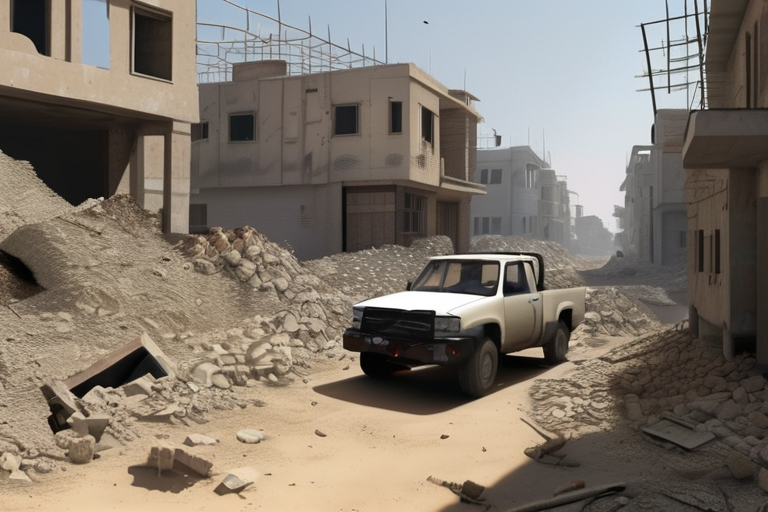
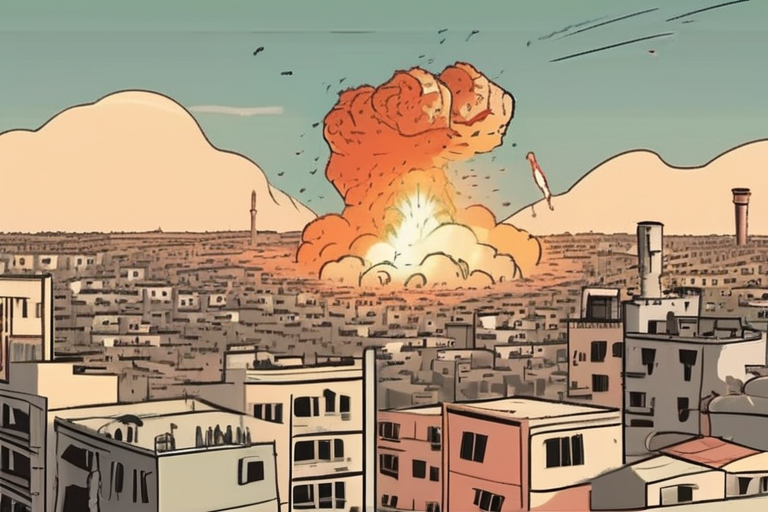
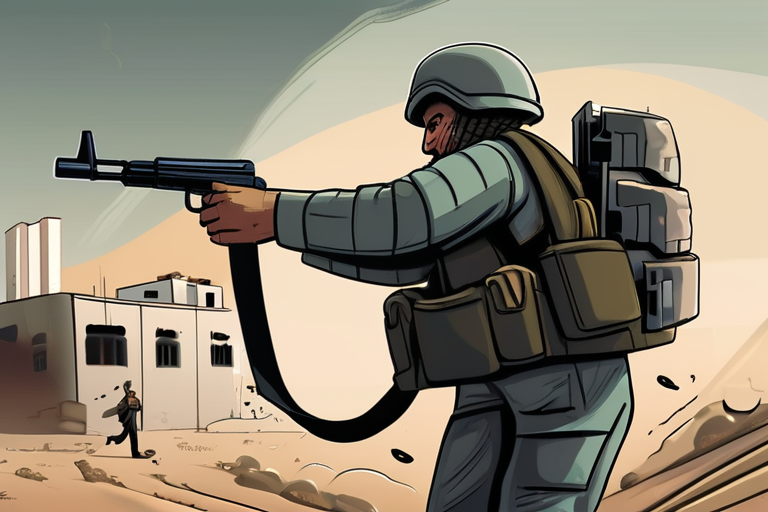
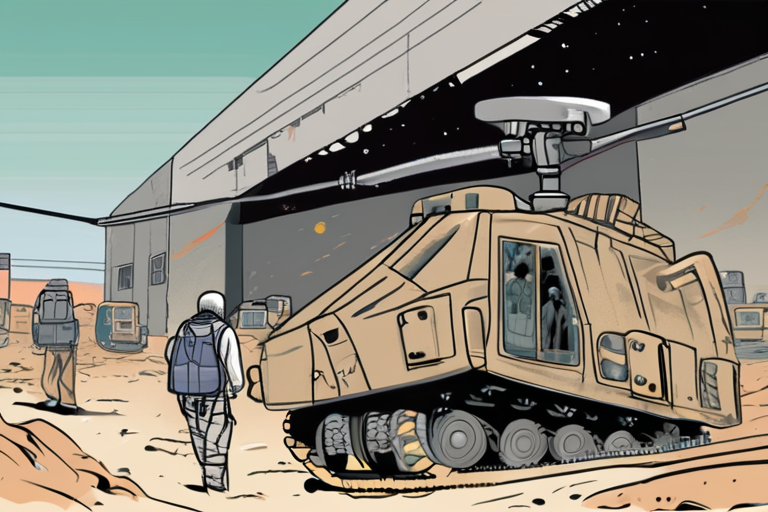
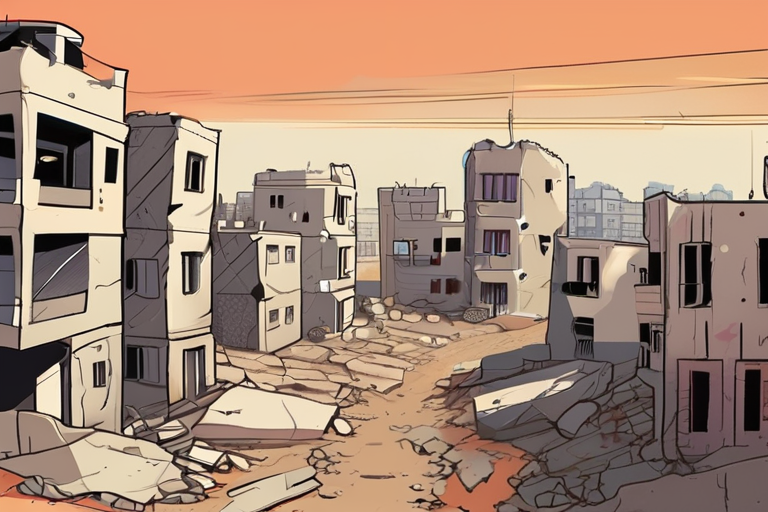
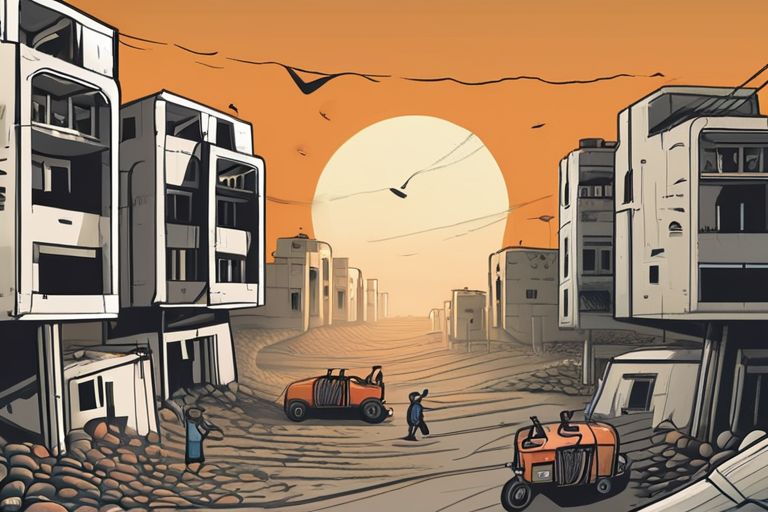
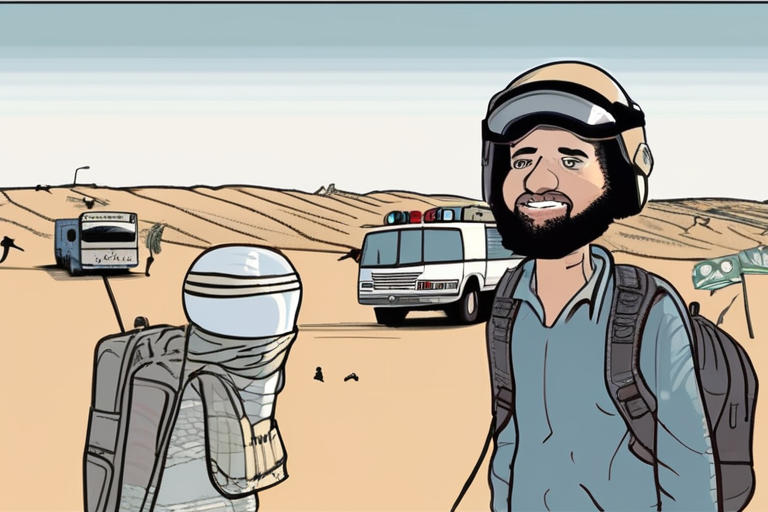
Share & Engage Share
Share this article